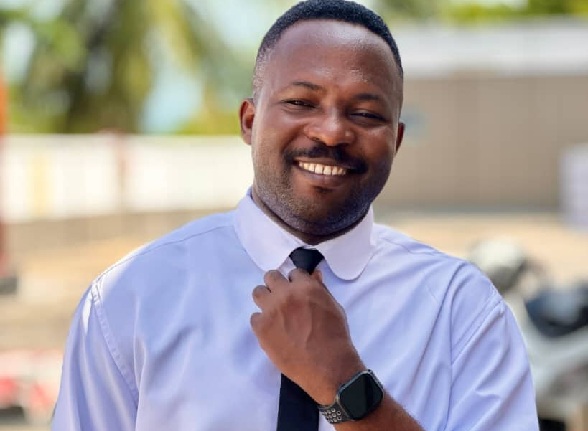Elections are the cornerstone of democratic legitimacy, providing citizens with the opportunity to freely choose their leaders.
However, when violence becomes a thing of the day in the electoral process, it undermines public trust, discourages participation, and weakens our democratic institutions. The recent Ablekuma North Rerun Election along with other violent electoral episodes over the years in Ghana is a stark example of this growing threat in the era of consolidating democracy.
The rerun of parliamentary elections in Ablekuma North was marred by physical attacks on some individuals, voters, and party agents as well as the intimidation of electoral officials, destruction of property, and disruption of polling processes. There has been a series of Social media videos glorifying or spreading violent incidents at polling stations that cause more harm to the practice of democracy.
These acts were not isolated, but form part of a broader pattern witnessed in other electoral hotspots like Odododiodoo, Techiman South, Savelugu, and Ayawaso West Wougon among others.
Electoral violence threatens democracy in ways that erode electoral integrity. Fears are deployed in citizens when going to vote, compromising the legitimacy of the outcomes of the elections. These fears and coercion skew results in favor of the leading horses that deploy those forces during elections.
The middle of electoral violence undermines the rule of Law and compromises free and fair processes. Normalizing violence allows powerful groups or individuals to act with impunity, especially when perpetrators are not prosecuted, it erodes confidence and trust in the security system. Which in the end suppresses participation in the electoral process affecting women, the elderly, and marginalized groups to often be the first to withdraw from voting when violence is expected and this leads to low voter turnout.
This undemocratic electoral practice legitimizes future violence. If political parties or youth groups see violence as an effective tool to influence voting behavior, they will repeat it in future elections setting a dangerous precedent that causes democratic backsliding.
These violent acts are becoming Normalized due to the incorporation of militia culture where some parties use party-affiliated vigilante groups to control polling stations most especially the party in power as at the time of election.
The electoral management body must set precedence that will protect and drive fears away from voters to cast their votes peacefully to promote free, fair and credible elections.





